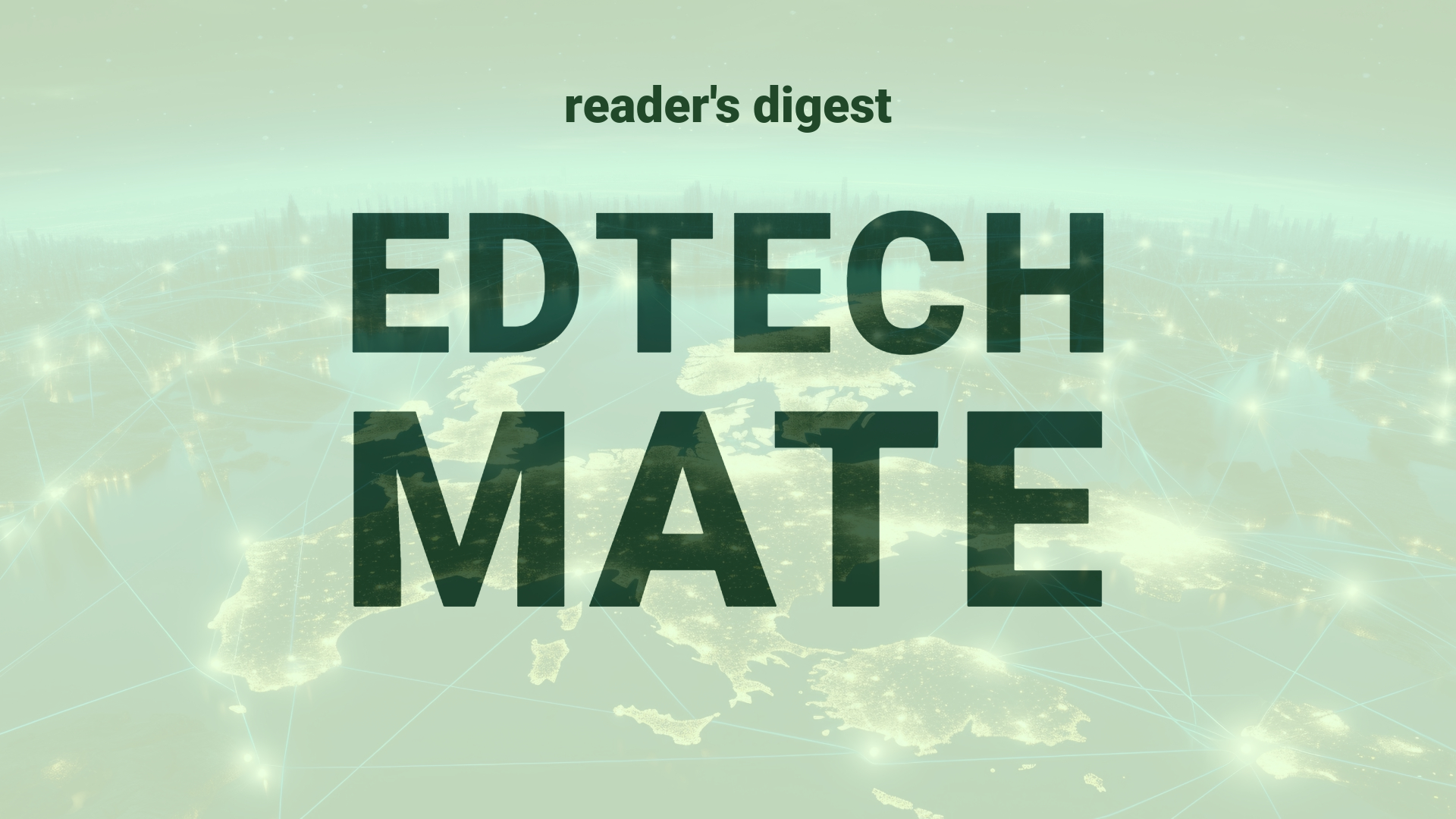“`html
Executive Summary and Main Points
The Italian IT sector continues to face challenges in talent acquisition and retention amidst a global trend. High turnover and market competitiveness make training and leadership key strategies in securing skilled IT teams. Cybersecurity emerges as a critical issue, but only a modest percentage of CIOs feel confident in addressing IT talent shortages successfully. Despite the scarcity of IT professionals, Cecilia Colasanti of Istat suggests that talents exist but are underutilized, advocating for recognition and proper value assignment to these individuals within organizations.
Potential Impact in the Education Sector
The current talent landscape can significantly affect the education sector, particularly in areas such as Further Education, Higher Education, and Micro-credentials. With IT skill shortages, educational institutions may struggle to modernize and digitize their offerings. However, strategic partnerships with digital-focused businesses could facilitate the incorporation of emerging technologies. Additionally, a shift towards micro-credentialing can complement traditional degrees by providing specialized skill development.
Potential Applicability in the Education Sector
AI and digital tools present innovative applications within academia. For instance, AI-driven learning platforms can personalize education for students, while analytics can enhance institutional decision-making and curriculum design. As global education systems increasingly rely on technology, adopting digital tools and frameworks can mitigate skill gaps and foster environments conducive to lifelong learning.
Criticism and Potential Shortfalls
There are critical voices regarding the educational sector’s adaptation to these changes. Despite digital transformation efforts, barriers such as inadequate infrastructure, resistance to change, and cultural gaps remain. Additionally, differing international case studies reflect varying degrees of success in integrating technology in education, highlighting the need for context-specific strategies. Ethical considerations around data use, privacy, and potential biases in AI also necessitate careful attention.
Actionable Recommendations
Given the rapidly evolving scope of international education, leaders should consider the following recommendations: Foster collaborations with tech companies to bridge skill gaps, invest in professional development programs to upskill educators, explore micro-credentialing as complementary learning paths, and implement AI and analytics tools judiciously, ensuring ethical standards are upheld. It is critical for educational leadership to stay informed about technological trends and to create adaptive strategies that address the unique needs of their institutions and stakeholders.
“`
Source article: https://www.cio.com/article/2096281/talenti-it-ecco-come-i-cio-curano-lengagement-e-la-retention.html

